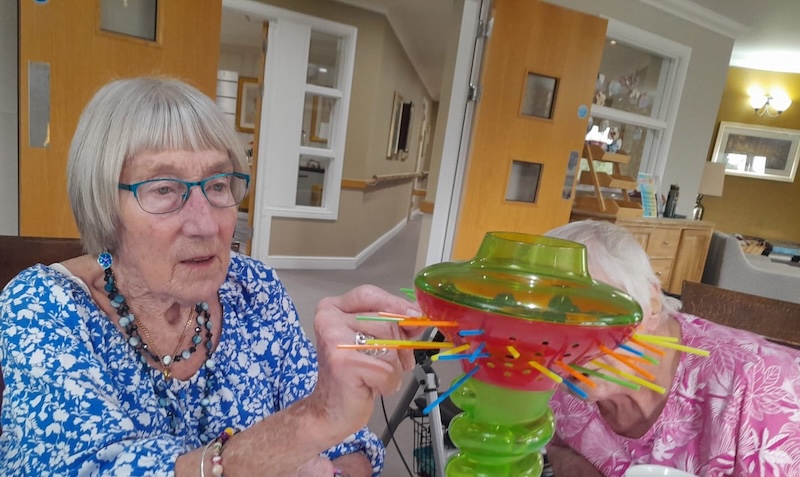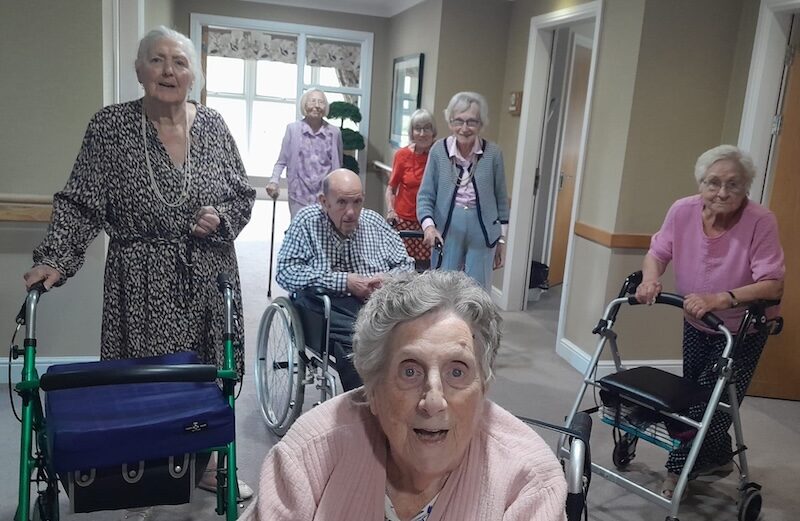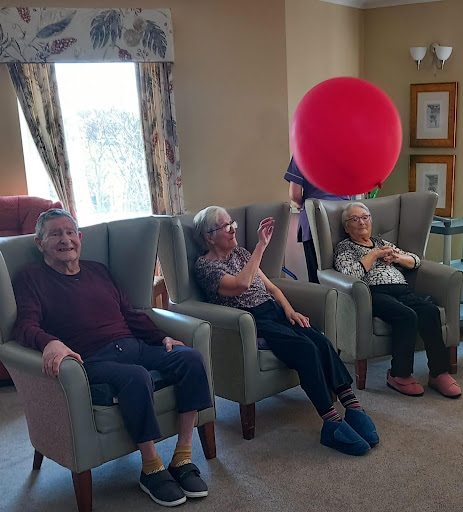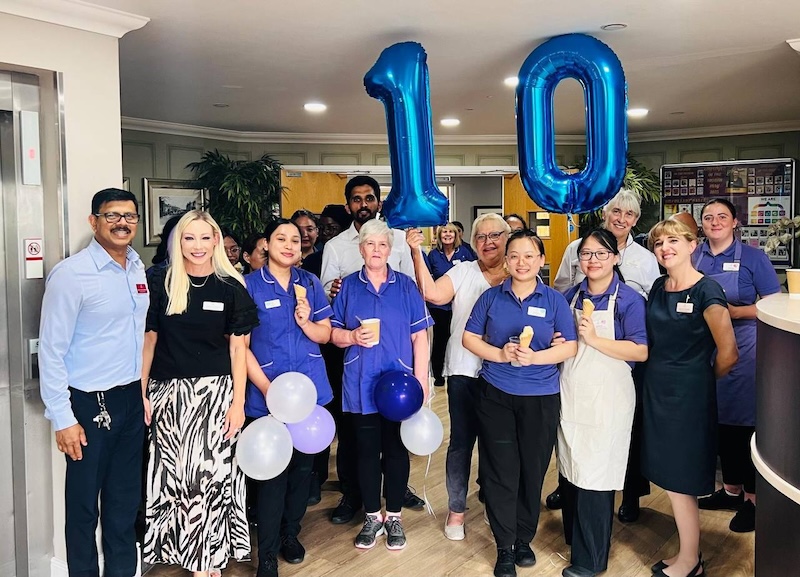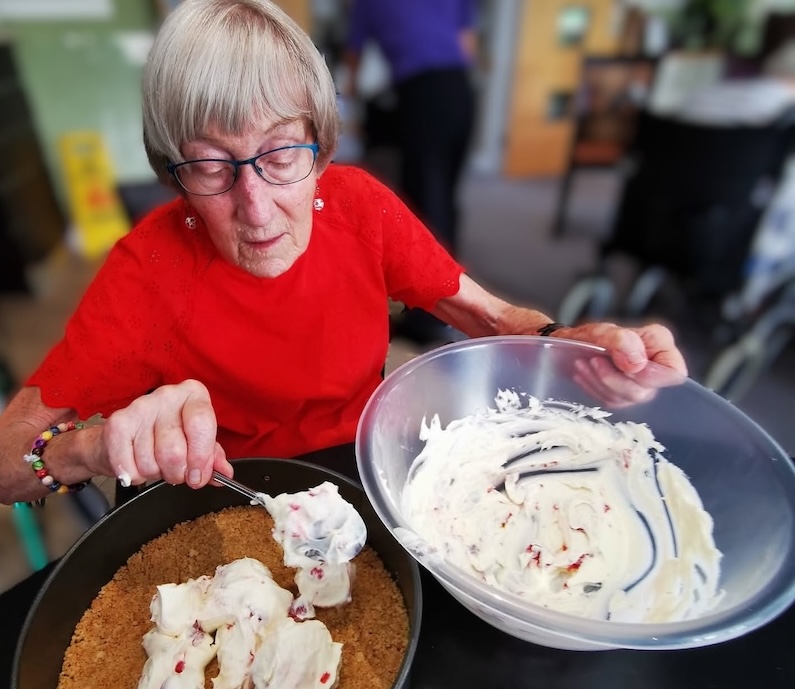7 Engaging Activities for Dementia Care

When a loved one has dementia, it can be challenging to find activities that are both enjoyable and adapted to their changing abilities. However, engaging activities are crucial in supporting those with dementia. They can minimise agitation, spark positive emotions, preserve a sense of purpose, and create social connections.
Let's explore some enriching activities that can make a positive difference.
Music and Memory
Music has a profound effect on the brain, even in those with advanced dementia. Familiar songs can trigger long-forgotten memories and evoke powerful emotions. Curating playlists of songs from their youth or favourite genres can be a thoughtful way to connect with them on an emotional level.
Singing along, gentle movement to the music, or simply listening can be a calming and enjoyable activity. Music therapists use music strategically to improve mood, memory, and communication in those with dementia.
At Harrier Grange, we weave music into the fabric of our daily lives. We host regular music sessions with visiting musicians who play a variety of genres, from big band classics to soothing instrumentals. Our staff are trained to use music therapeutically, leading sing-alongs with familiar favourites and encouraging residents to play simple percussion instruments.
We also create personalised playlists for residents to enjoy in their rooms, loaded onto tablets or MP3 players for easy access. These playlists can be created with the help of families, incorporating songs that hold special meaning for the resident.

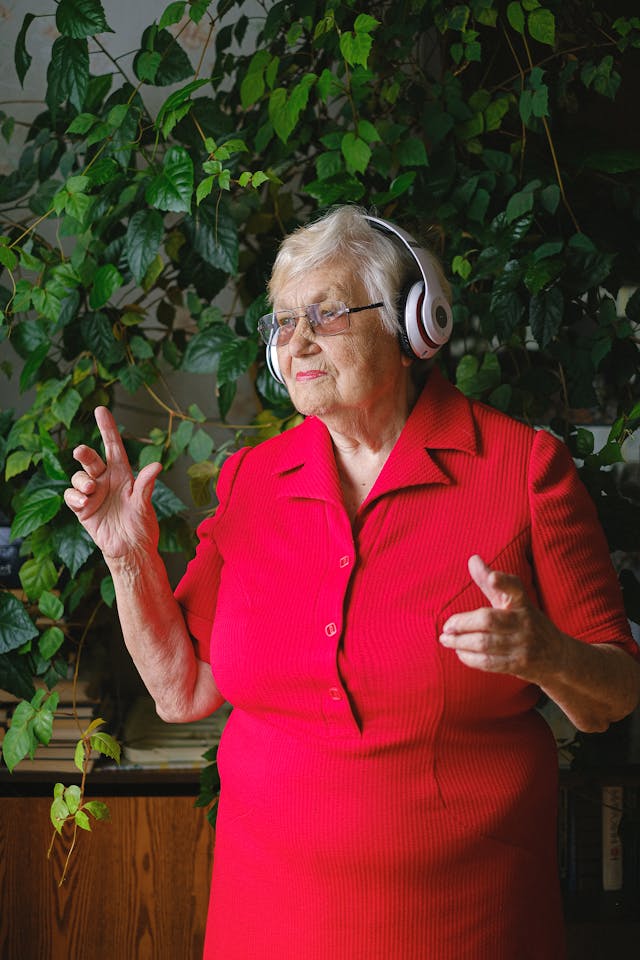
Sensory Stimulation
Our sense of touch can be a powerful tool for relaxation and stimulation. For residents with limited mobility, providing a variety of textured objects to explore with their hands can be calming and engaging. This might include soft fabrics like fleece or velvet, textured balls with different surfaces, or smooth stones.
Aromatherapy with calming scents like lavender or chamomile can be diffused into the air, creating a peaceful ambience. Another stimulating activity is a "sensory bin" filled with a variety of safe items to manipulate and explore. These bins can be themed (think fall leaves, seashells, or holiday objects) or include random objects with different textures and shapes. Residents can enjoy the tactile experience of holding these objects, sorting them, or simply running their hands through the bin's contents. Soothing nature videos with accompanying sounds can be calming for those who find it difficult to spend time outdoors. Images of calming landscapes, gentle rain falling, or a crackling fireplace can provide a sense of peace and tranquillity.
Our dedicated activity team incorporates sensory elements into many programs and creates sensory boxes tailored to individual resident preferences. For example, a resident who enjoys working in their garden might have a box filled with soil, a small watering can, and miniature gardening tools. Another resident who loved spending time by the ocean might have a box with seashells, smooth stones, and a small toy boat. These boxes provide familiar objects to stimulate memories and create a sense of comfort.
Residents with visual impairments may benefit from high-contrast sensory boxes with brightly colored objects or scented items. Our team is creative in finding ways to adapt activities to meet the specific needs and preferences of each resident.
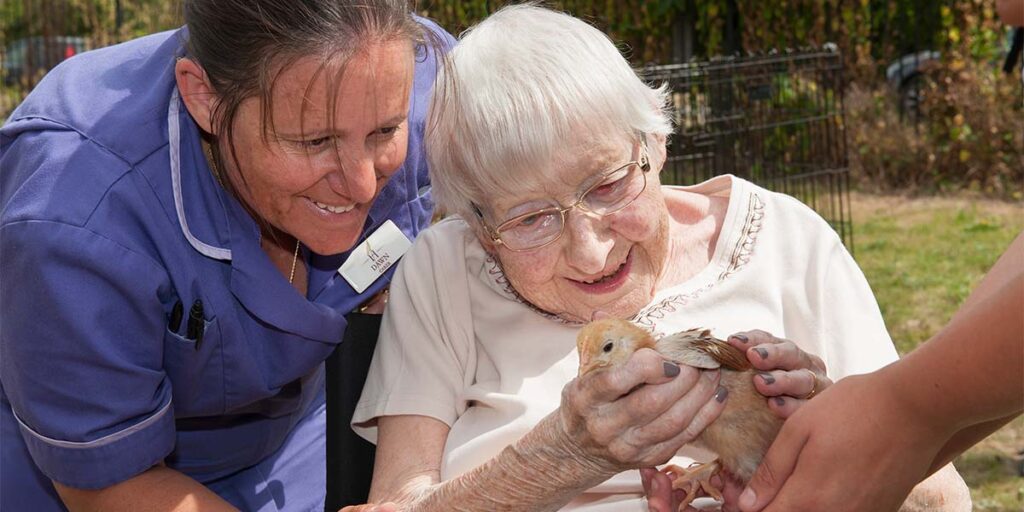
Reminiscence Therapy
Photos, old objects, or familiar music can act as prompts, triggering a flood of memories and encouraging residents to share stories from their past experiences. This can be anything from childhood memories to favourite vacations or significant life events. Listen attentively and avoid correcting any details they may get wrong. The focus is on the emotional connection and the validation of their lived experience.
Reminiscence therapy can help reduce feelings of isolation that often accompany dementia. Sharing memories builds a sense of connection with others, both the person reminiscing and those listening. It can also help them to maintain a sense of identity and belonging.
At Harrier Grange, we take reminiscence therapy a step further by creating personalised memory boxes for each resident. We work with families to gather photos, trinkets, and other cherished items that hold special meaning for the resident. These memory boxes can be a powerful tool to start conversations and evoke positive memories.
Our staff are trained to facilitate group reminiscence sessions, using a variety of themes (school days, holidays, important historical events) to encourage participation and storytelling. These sessions provide a safe and supportive space for residents to share their memories and connect with others who may have similar life experiences. Resident participation is always voluntary, and we ensure activities are adapted to individual needs and attention spans.
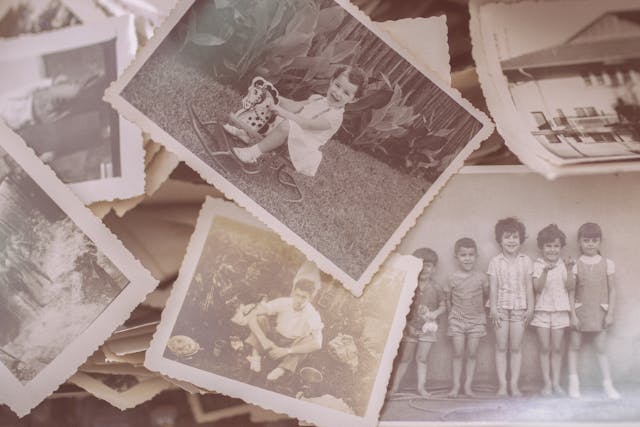
Arts and Crafts
Painting, drawing, colouring, or working with clay can be relaxing and enjoyable for those with dementia, even with limited fine motor skills. Focus on the process, not the end product, and adapt activities to their abilities. Simple tasks like colouring pre-drawn patterns or working with large-grip paint brushes can provide a sense of accomplishment.
Creative expression allows those living with dementia to communicate their emotions, especially as the disease progresses. Art therapists use a variety of techniques to encourage self-expression in those with dementia, and some of these techniques can be easily incorporated into daily life.
Music therapy can also be combined with art activities, creating a multi-sensory experience that can be both stimulating and calming. For example, listening to calming music while painting with watercolours, responding to the music with their brushstrokes and colours. Another engaging activity is sculpting with air-drying clay. This can be a great way to explore their sense of touch and create three-dimensional objects.
We prioritise accessible art activities that cater to residents of all abilities. Whether it's simple colouring sheets, crafting projects with air-drying clay, or creating a large-format group mural, there's something for everyone.
We often display residents' artwork in communal areas, further building a sense of pride and reinforcing the idea that their contributions are valued. We also invite local artists to host workshops and demonstrations, exposing residents to a variety of creative mediums and techniques.

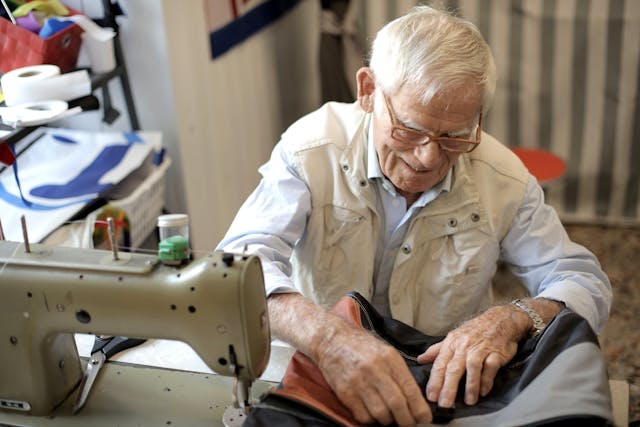
Gentle Exercise
Even with limited mobility, light exercise is important to maintain physical health and well-being. Chair yoga is a gentle form of exercise that can be adapted for all ability levels. It incorporates stretching, breathing exercises, and mindful movements that promote flexibility, balance, and coordination. Seated exercise using resistance bands or light weights can help to maintain muscle strength and range of motion.
For those who enjoy music, dance parties with upbeat music can be a fun way to get them moving. Even simple activities like tossing a beach ball back and forth while seated, or playing catch with a soft ball, can provide some gentle exercise and promote hand-eye coordination.
Incorporating light physical activity into daily routines is also beneficial. Folding laundry, sorting recycling, or watering plants in the garden are all small tasks that can contribute to a sense of purpose and accomplishment, while also encouraging some movement.
Our dedicated activities team creates exercise programs that are both safe and enjoyable. We host regular movement classes, adapted to individual abilities and often incorporating creative elements such as dancing with scarves or using colourful beach balls to promote coordination.
We encourage residents to participate in daily tasks and provide opportunities for outdoor walks in our secure gardens, allowing them to connect with nature while getting some fresh air and sunshine.
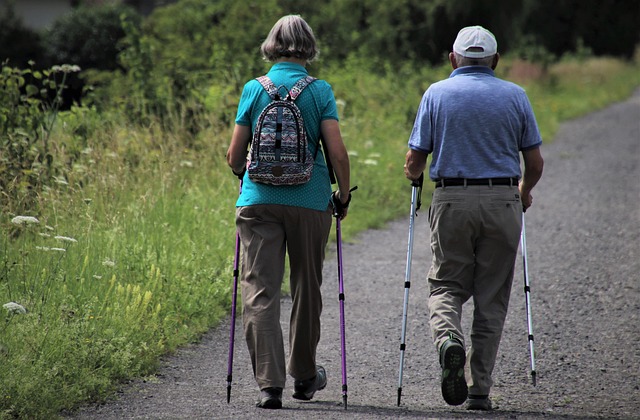
Household Tasks
Involvement in simple household chores like setting the table, folding laundry, or dusting can provide them with a sense of purpose and accomplishment. These familiar tasks can bring back positive memories of running a household and contribute to a sense of normalcy in their lives.
Participation at any level, even simply observing or offering verbal guidance to others, can be beneficial.
For some, folding laundry might be a task they have completed for many years, and the act of sorting and folding clothes can be a comforting and familiar routine. Others may enjoy the social interaction that comes with completing a chore alongside a caregiver or family member.
Even for those in the later stages of dementia, who may be unable to complete tasks independently, there are ways to incorporate them into the process. For example, help with sorting laundry by colour, placing silverware in a designated basket, or wiping down a table with a wet cloth. This level of participation can help them feel included and valued, reducing feelings of frustration and helplessness.
We intentionally weave opportunities for meaningful contribution into daily life at Harrier Grange. Residents are encouraged to participate in tasks at their desired level, maintaining a sense of involvement and community. Even those with more advanced dementia can benefit from the sense of purpose these activities provide, reducing feelings of agitation and promoting overall well-being. We recognise that simple tasks can have a profound impact on a resident's self-esteem and sense of belonging.
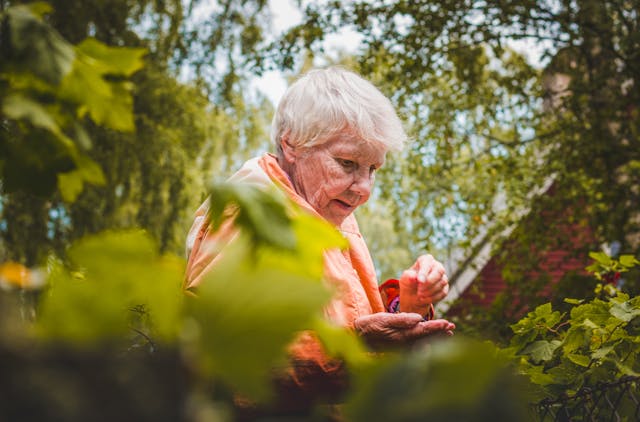
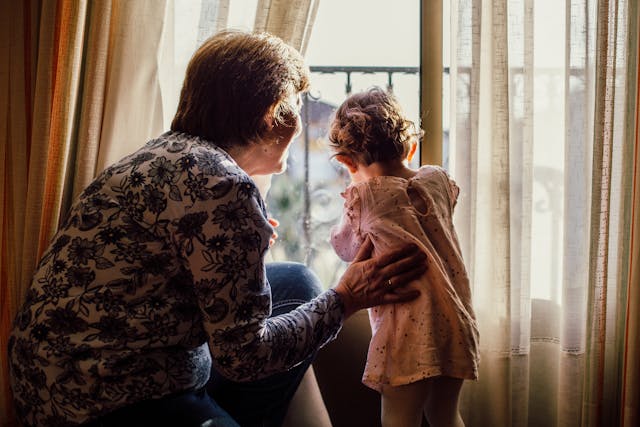
Outings and Social Interaction
Isolation is a significant risk factor for worsening dementia symptoms. Breaking the cycle of loneliness with frequent social interaction and stimulating outings can make a profound difference in the quality of life for those living with the disease.
New experiences, whether in a lively community group or the serene beauty of a garden, provide fresh input for the brain. This stimulation can help slow cognitive decline and reduce agitation. Even a simple outing like a picnic in the park engages multiple senses, stimulating mental activity and increasing alertness.
Opportunities for conversation and laughter are vital. Whether interacting with friends and family, engaging with guides at a museum, or simply chatting over an ice cream on a park bench, these connections reduce feelings of loneliness.
Getting outside of familiar environments also provides a change of pace that can be both calming and stimulating for dementia patients. Even short outings can reduce feelings of being cooped up and spark renewed interest in their surroundings.
At Harrier Grange, we have a vibrant calendar of both in-house activities and local outings. We plan regular trips to nearby attractions and events that are suitable for various levels of mobility.
We prioritise social connection by hosting events for residents and their families, such as garden parties, holiday celebrations, and performances by local musicians and school groups. We recognise the importance of maintaining social bonds for both residents and their families, creating a supportive environment for all.
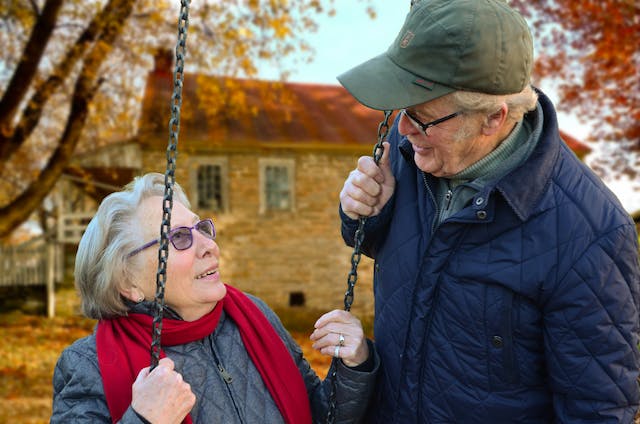
A Focus on Engagement and Wellbeing
At Harrier Grange, we understand that dementia care is about more than just meeting physical needs. Through a thoughtful and varied activity program, we aim to create moments of joy, purpose, and social connection.
Our activities are tailored to meet the individual needs and preferences of our residents, ensuring they feel valued, supported, and engaged regardless of their cognitive abilities.
Contact Us Today and Experience the Difference
If you're seeking dementia care for a loved one in Hampshire, we invite you to experience the Harrier Grange approach. Contact us to arrange a visit and discover how we create an enriching and supportive environment where those with dementia can thrive.

